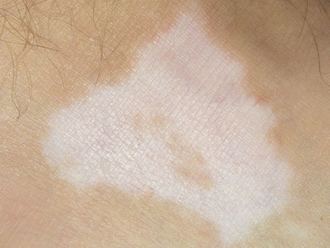
New York: People with depression have higher body temperatures, suggesting there could be a mental health benefit to lowering the temperatures of those with the disorder, according to a new study.
The study, published in the journal Scientific Reports, doesn't indicate whether depression raises body temperature or a higher temperature causes depression.
It's also unknown whether the higher body temperature observed in people with depression reflects decreased ability to self-cool, increased generation of heat from metabolic processes or a combination of both.
The findings shed light on how a novel depression treatment method might work, said lead author Ashley Mason, Associate Professor of psychiatry at University of California San Francisco in the US.
A small body of existing, causal studies has found that using hot tubs or saunas can reduce depression, possibly by triggering the body to self-cool, for example, through sweating.
"Ironically, heating people up actually can lead to rebound body temperature lowering that lasts longer than simply cooling people down directly, as through an ice bath," said Mason, who is also a clinical psychologist at UCSF.
"What if we can track the body temperature of people with depression to time heat-based treatments well?"
Researchers analysed data from more than 20,000 participants from 106 countries who wore a device that measures body temperature, and also self-reported their body temperatures and depression symptoms daily.
The results showed that with each increasing level of depression symptom severity, participants had higher body temperatures.
The body temperature data also showed a trend toward higher depression scores in people whose temperatures had less fluctuation throughout a 24-hour period, but this finding didn't reach significance.











